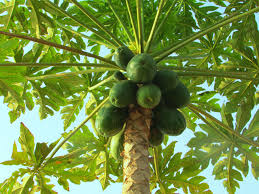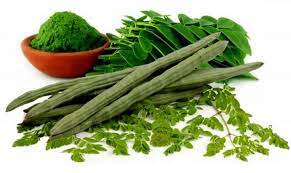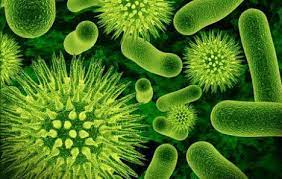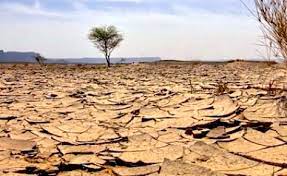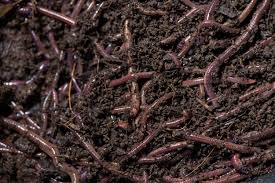
Vermicompost is the product of the composting process using various species of worms, usually red wigglers, white worms, and other earthworms, to create a heterogeneous mixture of decomposing vegetable or food waste, bedding materials, and vermicast, also called worm castings, worm humus or worm manure, is the end-product of the breakdown of organic matter by an earthworm.
These castings have been shown to contain reduced levels of contaminants and a higher saturation of nutrients than do organic materials before vermicomposting. This process is termed vermicomposting, while the rearing of worms for this idea is called vermiculture. Species most frequently used for composting include: Eisenia fetida, Lumbricus rubellus, Eisenia hortensis, Eudrilus eugeniae, and Perionyx excavatus.
Vermicompost comprises water-soluble nutrients and is an excellent, nutrient-rich organic fertilizer and soil conditioner. It is used in farming and small scale sustainable, natural and organic farming.
The Global Vermicompost Market Size was estimated at USD 90290.00 million in 2021 and is projected to reach USD 238710.00 million by 2028, exhibiting a compound annual growth rate (CAGR) of fourteen point ninety percent (14.90%).
Major factors that are expected to boost the growth of the vermicompost market in the forecast period are the enhanced soil aeration, enhanced water holding capacity, improved nutrient cycle, and supplemented soil with micro-organism. Furthermore, the it encourages in the plant root growth and structure is further anticipated to propel the growth of the vermicompost market.
Moreover, the improved germination and the rise in the need for organic products and increasing alertness related to the difficulties of chemical fertilizer and pesticides is further estimated to cushion the growth of the vermicompost market. On the other hand, the rise in the price needed to set up vermicomposting than usual compost piles or batch composters is further projected to impede the growth of the vermicompost market.
Market Segmentation (by Type)
Africa Night Crawlers Vermicomposting
Lumbricus Rubellus Vermicomposting
Others
Market Segmentation (by Application)
Home Gardening
Landscaping
Golf Courses
Horticultural Industry
Farming is a multi-dimensional enterprise with several yet-to-be fully explored aspects, especially in Africa generally and Nigeria in particular. One of such aspects is worm farming, otherwise known as vermiculture or vermicompost. Vermiculture is big business in many developed countries but here in Africa, Nigeria in particular, the prospects of vermiculture have not been duly explored.
Presently Nigeria consumes over seven million, five hundred thousand (7,500,000) metric tons of fertilizer annually, but only like thirty percent (30%) of this is said to be organic.
With the high sensitization on the importance of organic fertilizer, there is a constant increase in the consumption of organic compost over the chemicalized ones.
The National Fertiliser Policy and current agricultural policy of Nigeria promotes the responsible use of green revolution technologies namely fertilisers, seed and crop minerals, in the bid to achieve food security and for generating exportable surplus of farm products in a market friendly way.
The market for fertilisers in Nigeria is national, expanding and sustainable. The market is second to petroleum products in Nigeria. From our analysis, investment in vermicompost is very profitable with high return on investment.

















